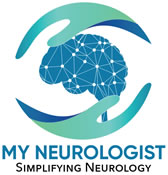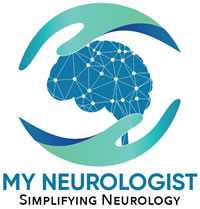It is an acquired condition of muscle weakness triggered by a bacterial toxin, the botulism toxin produced by Clostridium species.
What exactly is the problem in botulism?
It is basically a form of poisoning from the toxins of a bacteria. There are many type of botulism toxins, usually described as A, B, C to G or more, all produced by a bacteria. Due to any of these toxins, the neuromuscular junction (the junction where the nerve ends and the muscle starts) does not work. The signal transmission from the nerve to the muscle does not go through. Due to the toxin the acetylcholine is not released from its small storage sites or the vesicles, at the proximal end of this junction.
What are symptoms of botulism?
Main symptom is muscle weakness, generalized muscle weakness. Typically, it affects facial muscles before legs, or it is descending weakness (which is different from peripheral neuropathy). There is no associated fever. Patient may also have symptoms of autonomic nervous system dysfunction. More specifically, symptoms are as follows:
. Blurred vision
. Eye muscle weakness
. Facial weakness
. Arm weakness
. Difficulty breathing
. Difficulty swallowing
. Difficulty speaking
. Nausea, vomiting, diarrhea, followed by severe constipation
. Dry mouth
. Sore throat
. Unstable heart rate
. Fixed dilated pupils
Any or all of these symptoms may occur with exposure to the toxin within a few hours to a few days. Mental status remains intact.
How is Botulism diagnosed?
It is diagnosed by taking careful clinical history, examination, and a lab test. Electrophysiological studies can also help, but may also be normal or inconclusive in early stages.
What conditions may look like Botulism?
- Acute inflammatory demyelinating polyradiculoneuropathy (AIDP)
- Miller-Fisher variant of AIDP
- Chronic inflammatory demyelinating polyradiculoneuropathy (CIDP)
- Lambert-Eaton myasthenia syndrome (LEMS)
- Tick paralysis
- Diphtheria
- Polymyositis
- Brainstem stroke
How is Botulism treated?
Anti-toxin is available but difficult to obtain (through CDC). Treatment is mostly supportive.
Where can I get more information about botulism?
American Academy of Neurology (AAN)
Center for Disease Control (CDC)


Leave a Reply
Your email is safe with us.
You must be logged in to post a comment.